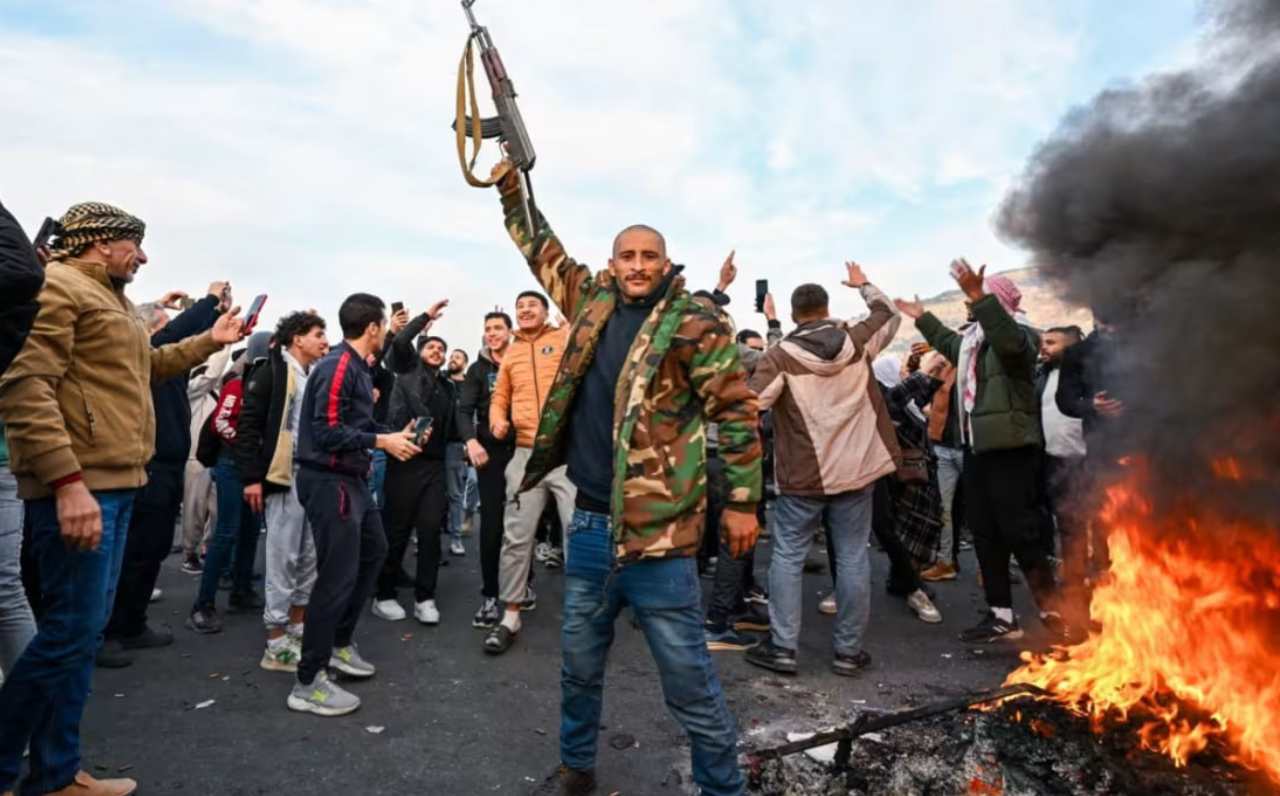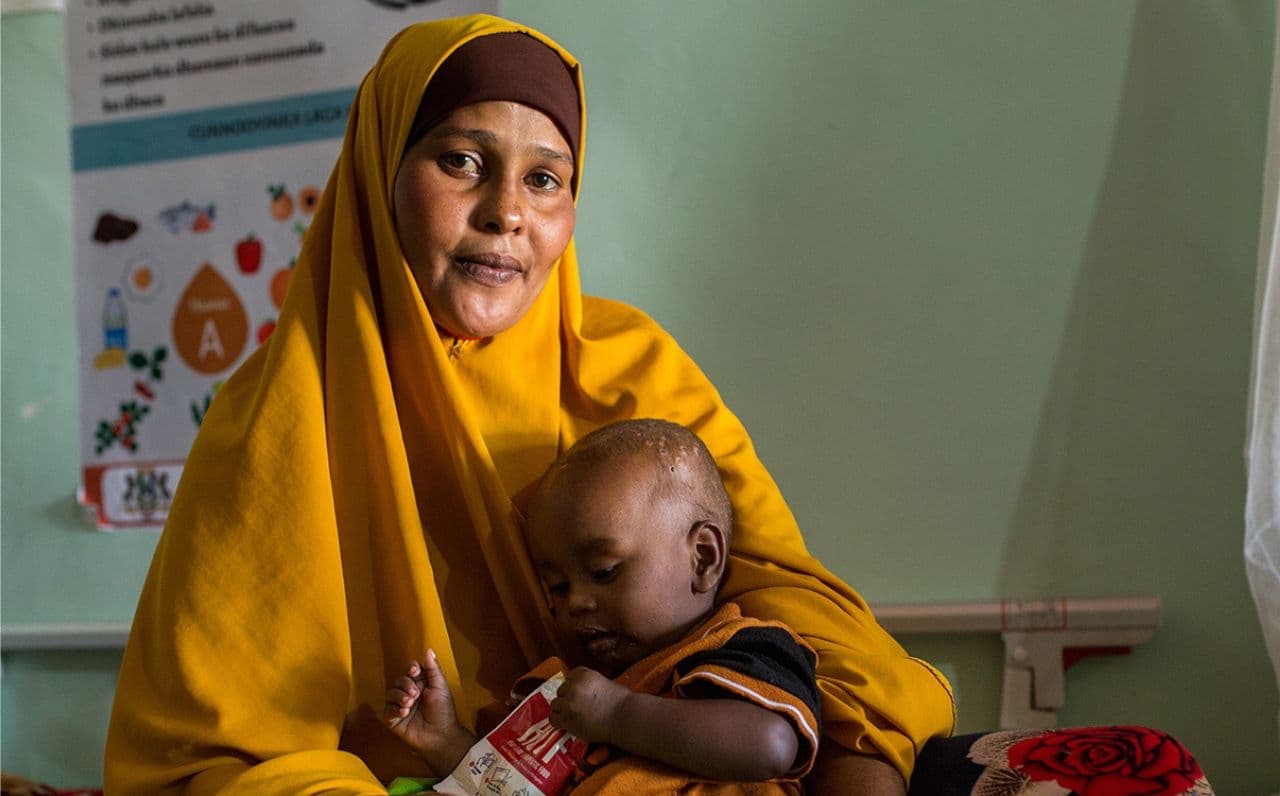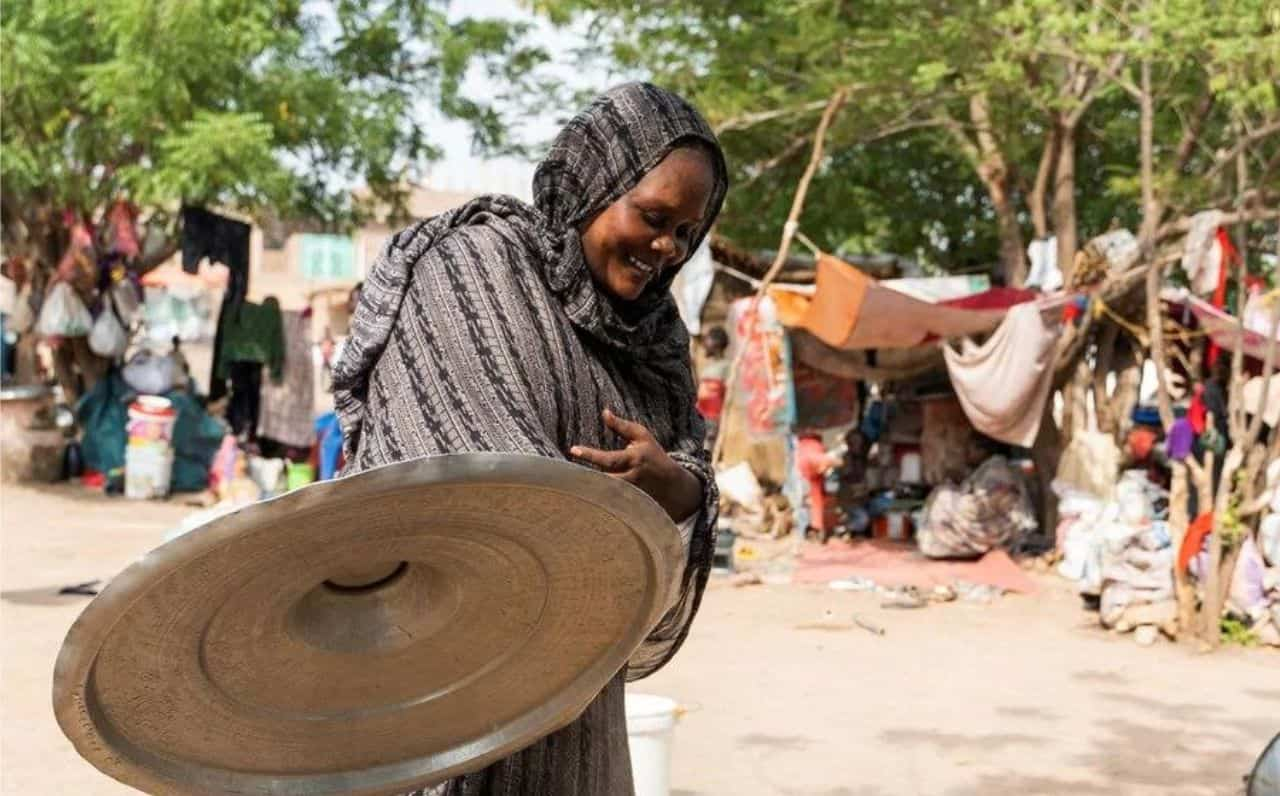UN International Year for the Elimination of Child Labour
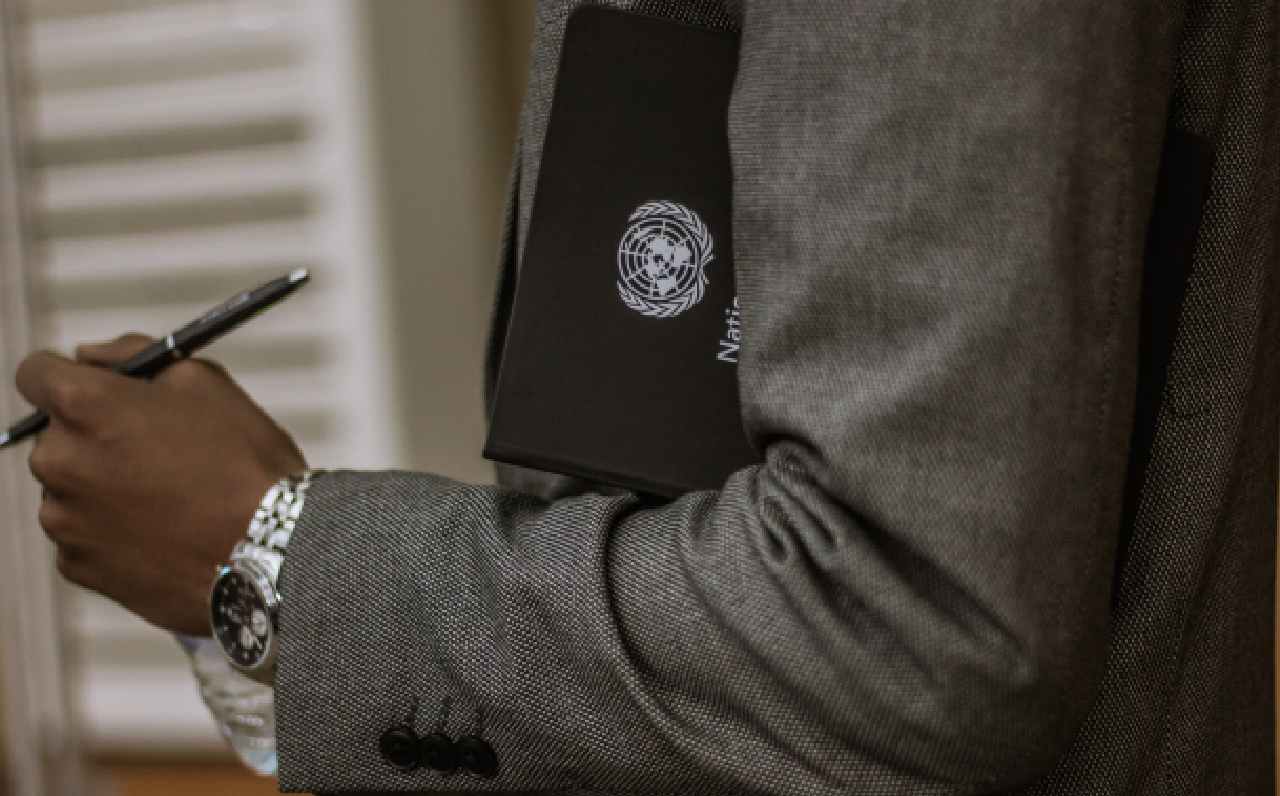
The Tragedy of Children Recruited and Used in Armed Conflict Must Stop.
Over the last 25 years, many countries have shown their commitments to protect children against recruitment and use by parties to conflict through the ratification and implementation of key international instruments, by releasing all children from their ranks and by putting in place mitigation measures for their security forces such as age verification mechanisms, child protection trainings and military command orders.
However, progress remain too slow.
The COVID-19 pandemic has put an additional burden on the protection of conflict affected children. The closure of some of the most protective environments for children, namely schools and child friendly spaces, coupled with the loss of family income, may have incentivized parties to conflict to take advantage of children’s increased vulnerabilities or pushed children to join armed groups and forces or engage in other forms of exploitative labour to raise family income. The pandemic and related confinement measures have also made it more difficult for child rights organizations to monitor child recruitment and use and to put in place education and healthcare programmes contributing to halting and preventing this practice.
The recent ILO and UNICEF Child Labour Global Estimates for 2020 show that for the first time in the last two decades, progress on ending child labour has stagnated and figures are starting to rise again. At least 160 million children are currently engaged in child labour and many more are at risk.
A renewed international commitment is needed to end and prevent the recruitment and use of children once and for all by 2025 and to avoid that more children are pushed into this worst form of child labour as a consequence of COVID-19.
For Frederique and all children who have suffered at the hands of armed forces or groups, separation is only the first step on a long and difficult road to recovery. International law recognizes released or separated children as victims of grave human rights violations who require long-term support. Yet too many do not receive adequate assistance and face the risks of being re-recruited, trapped in other forms of child labour, exposed to human trafficking, or detained for their association with an armed group.
Building forward better means that Governments must put the needs of girls and boys at the centre of COVID-19 recovery plans and put in place reintegration services to allow children associated with conflict parties to reclaim their lives. Reintegration programmes also need to recognize the high levels of distress that children have suffered and provide holistic support combining physical recovery, psychological care, family reunification, education, social protection and help for social, political, and economic integration back into civilian life.
To that end, the international community must provide long-term and predictable funding as such holistic child reintegration programmes are contributing to sustainable recovery, development, as well as reconciliation, prevention, and peace efforts. A substantive proportion of funding should also be directed to community-led initiatives and organizations working at the frontline as they are best placed to evaluate children’s and communities needs and aspirations
Supporting communities to identify and work towards their own solutions is key to the success of reintegration programming and requires that we, the international community shift our way of supporting reintegration to one deeply rooted in the child and its community’s needs while building on existing resources and capacities.
This important year presents a unique opportunity for the international community to translate its commitments into actions and accelerate efforts to fully end and prevent the recruitment and use of children in armed conflict.
Governments, civil society, workers organization and the private sector have the capacity to end this scourge and hence further laying the foundation for peaceful societies.
Source & credit: OSRSG
Photo by Ilyass SEDDOUG on Unsplash
International, Americas

2021 Nov 19
Middle east

2024 Dec 10
Africa

2024 May 10
Threats against Christians in Australia increase
International, Americas

2024 Apr 16
Increasing Arrests and Faceless Victims Revealed in Latest Findings.
Middle east

2024 Feb 23
SimilarNews
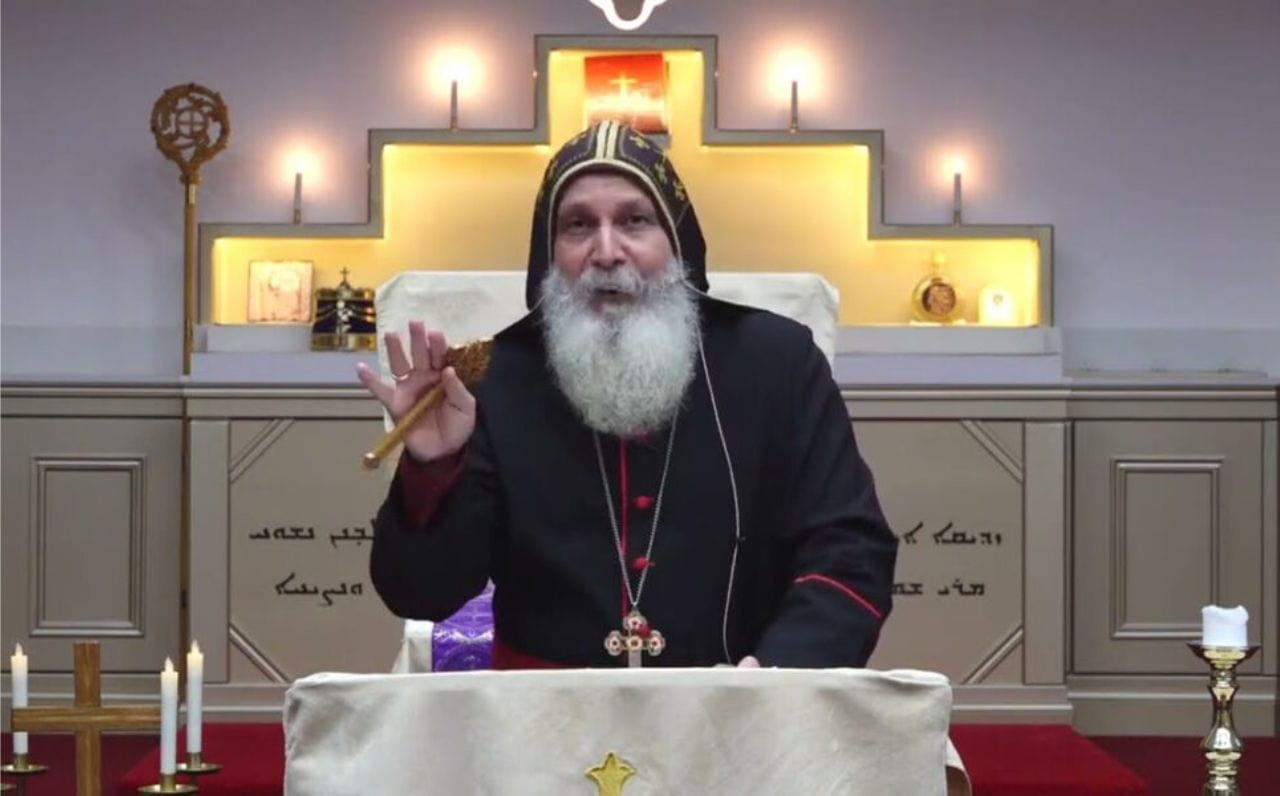 Prominent Christian Bishop Stabbed on Live Broadcast
Prominent Christian Bishop Stabbed on Live Broadcast Threats against Christians in Australia increase
International, Americas

2024 Apr 16
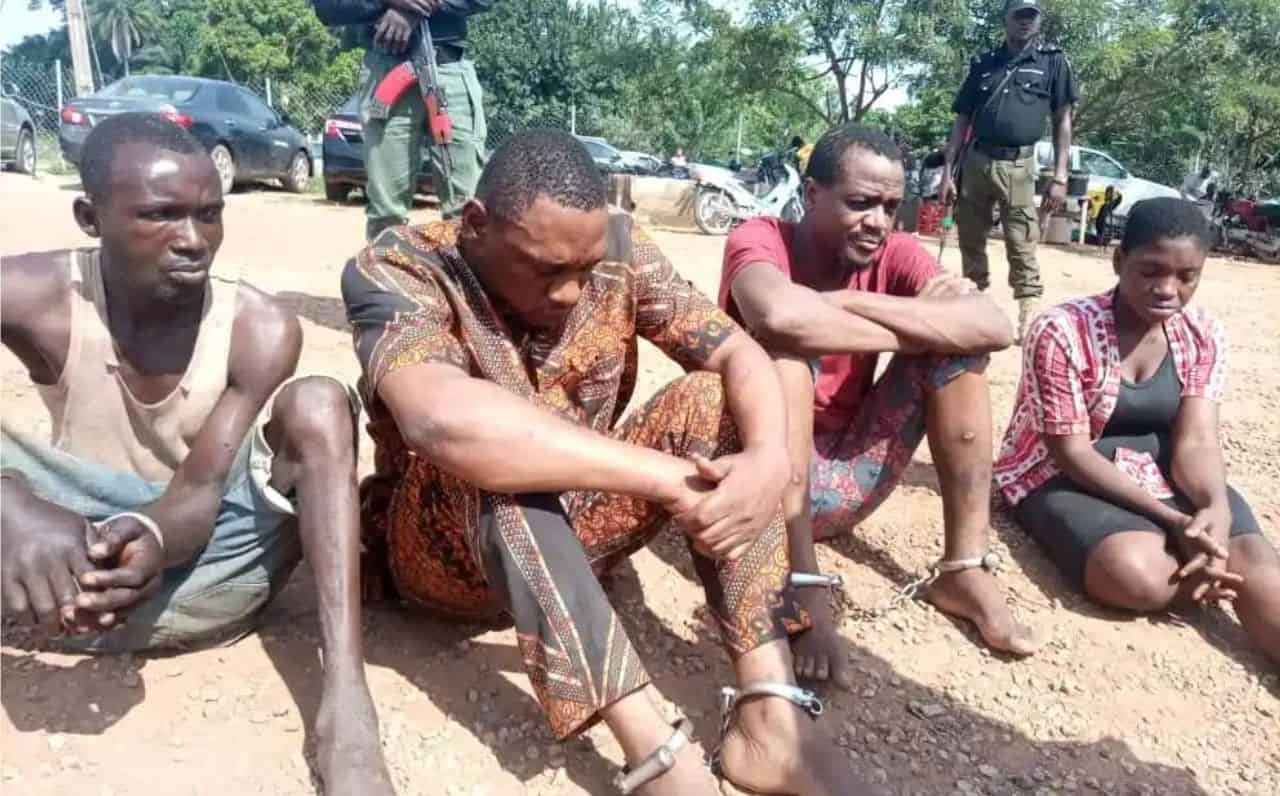 Fullani Islamist Group Suspected in Ekiti State Kidnapping
Fullani Islamist Group Suspected in Ekiti State Kidnapping Doznens of christian children abducted.
International, Americas

2024 Feb 01
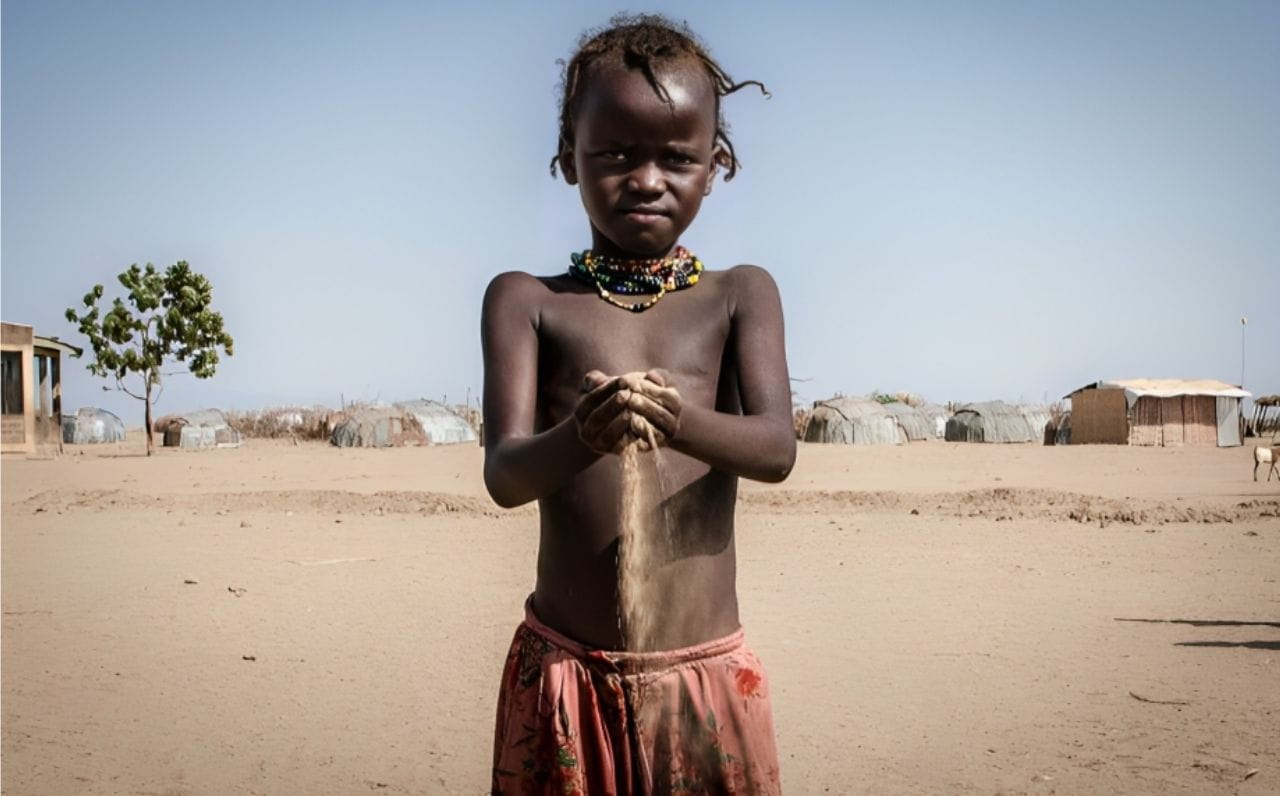 Water Crisis Threatens Children Globally
Water Crisis Threatens Children Globally 436 Million Children Face Extreme Water Vulnerability.
International, Americas

2023 Nov 16
International organizations expressed concern.
International, Americas

2023 Nov 14
Eleven children die every week.
International, Americas

2023 Jul 27
Lack of access to humanitarian aid.
International, Americas

2023 Mar 09
Children are the biggest victims of recent crises.
International, Americas

2023 Mar 06
